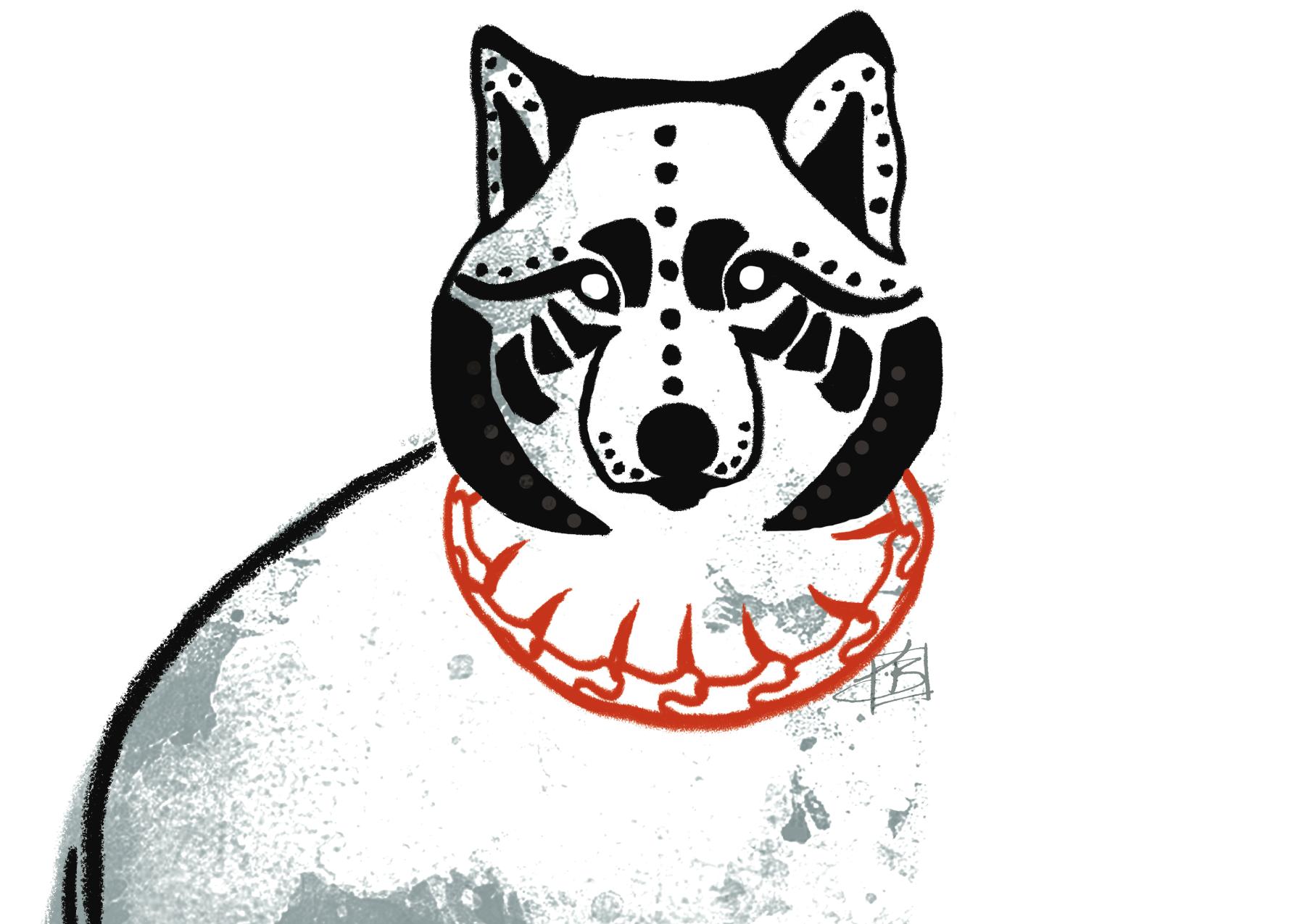
"In 2024, the Haida Nation reached an agreement with the provincial government of British Columbia and the federal government to return the nation's authority and jurisdiction over its ancestral archipelago, Haida Gwaii. This historic agreement was the first title case to be settled through negotiation with the federal government rather than through courts. According to the Canadian government, there are more than 170 such rights-based negotiations currently in process."
"In the same year that the Haida title was achieved, Ottawa also transferred jurisdiction and authority over Crown lands and subsurface rights in Nunavut to the territorial government. While not an exclusively Indigenous government, the Government of Nunavut typically features strong elected Inuit representation, along with additional structures in place to ensure that Inuit voices are heard in the political process. Many saw these two milestones as examples of long overdue land and resource restitution-key tenets of the Truth and Reconciliation Commission's report-in action."
In 2024, the Haida Nation regained authority and jurisdiction over Haida Gwaii through a negotiated settlement with provincial and federal governments, marking the first title case resolved by negotiation rather than court. That year Ottawa also transferred Crown land and subsurface rights in Nunavut to the territorial government, which includes strong Inuit representation. These milestones represent tangible land and resource restitution, but they are exceptions. Over the decade since the TRC Final Report, Canada has mostly avoided addressing stolen land and resources, favoring symbolic actions, and the Land Back movement emerged to demand material returns and Indigenous empowerment.
Read at The Walrus
Unable to calculate read time
Collection
[
|
...
]